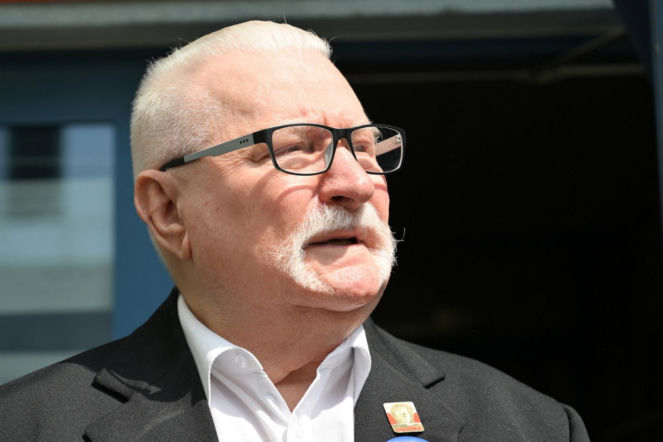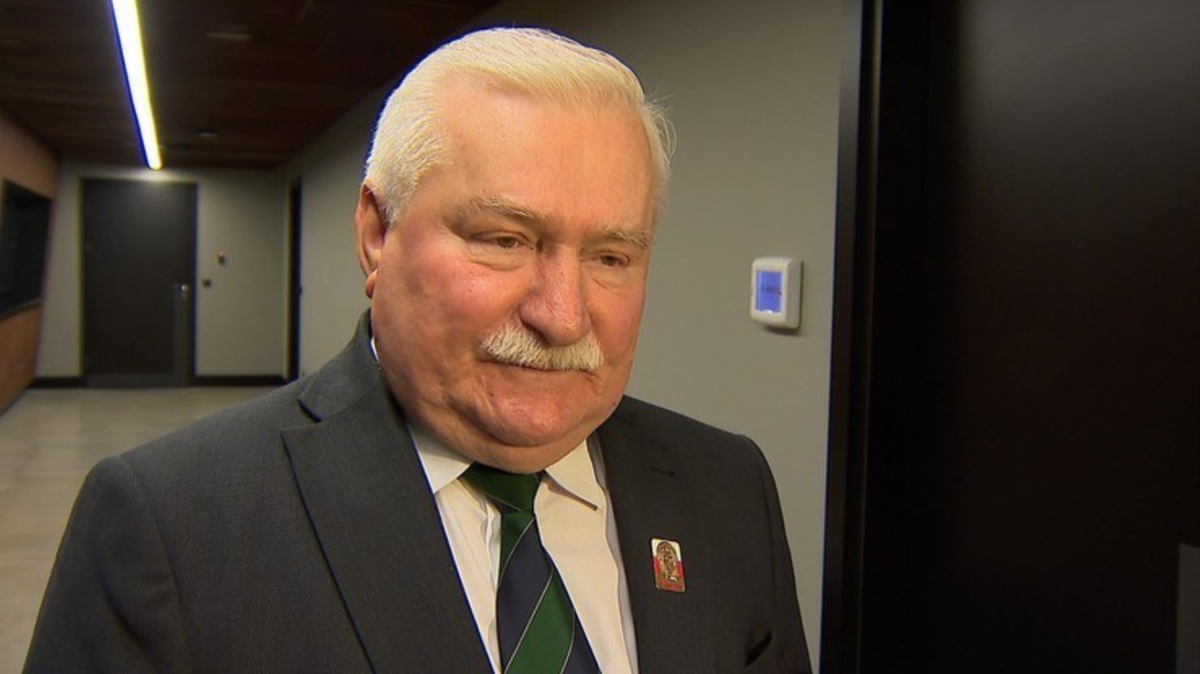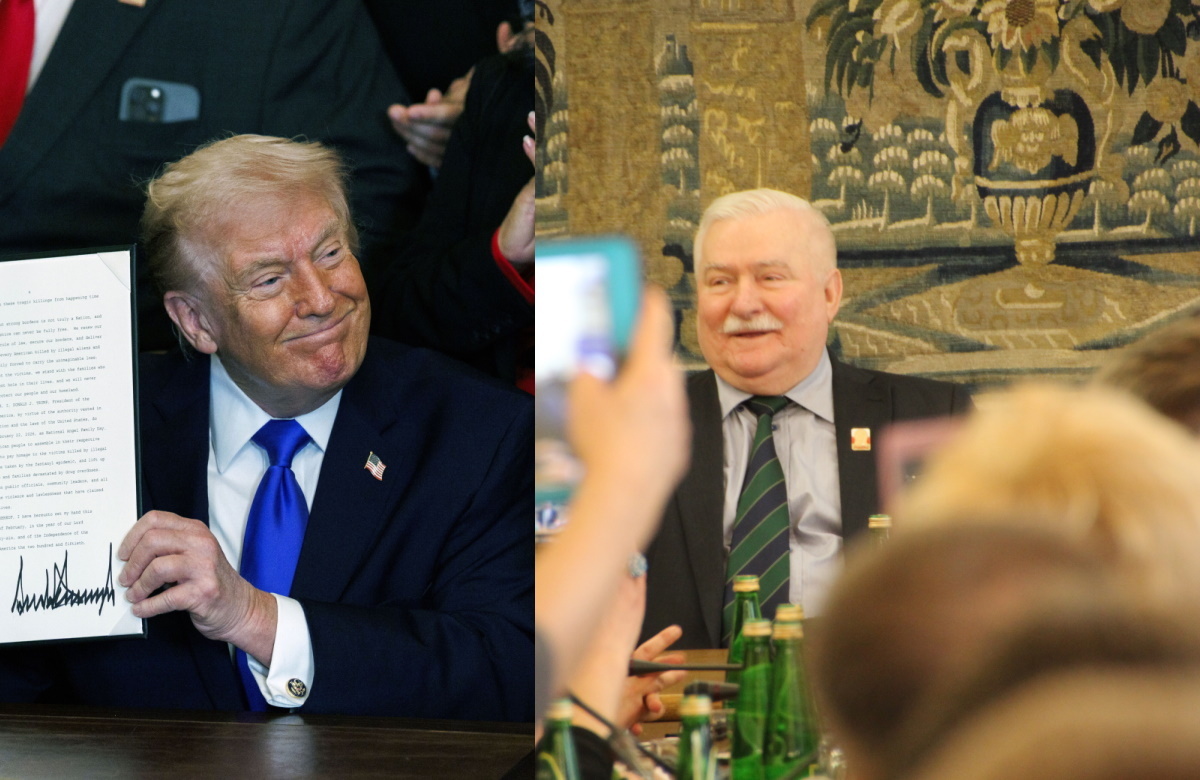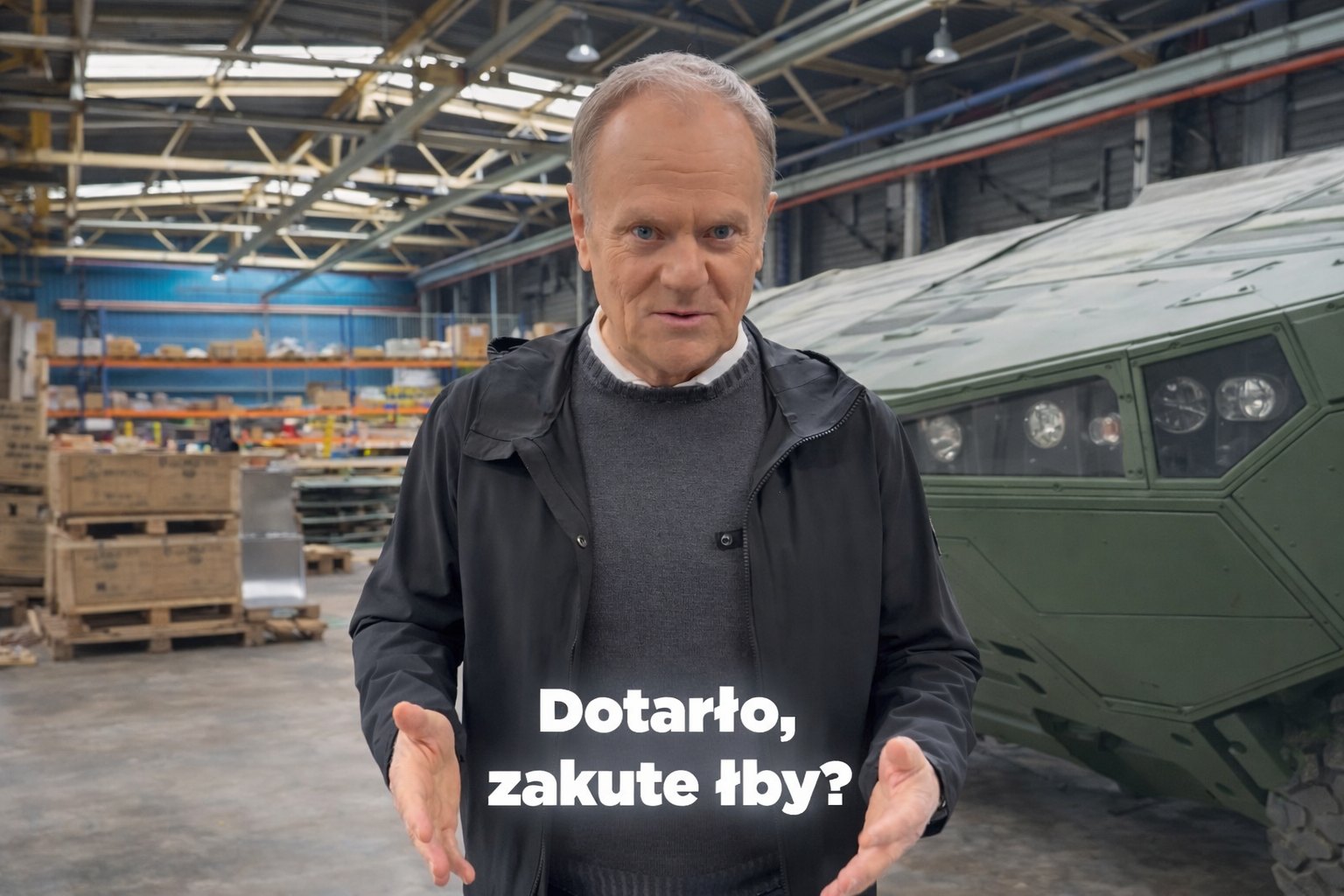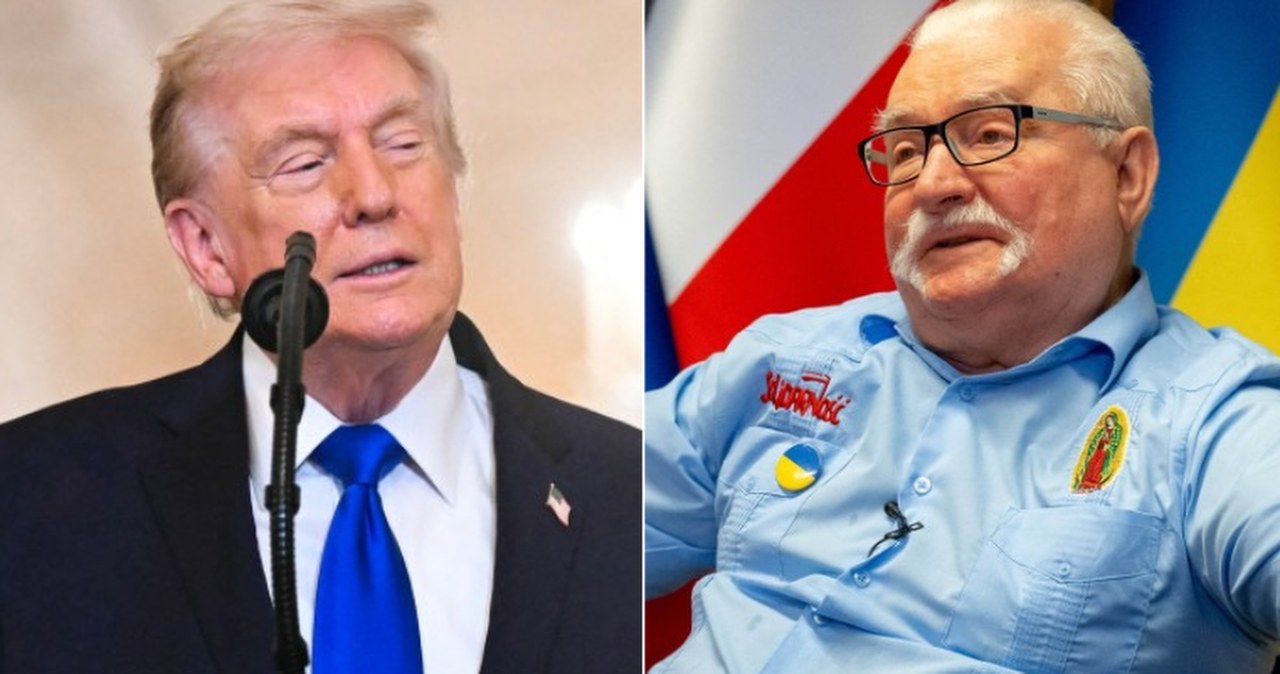– We have a very critical view of what the Polish Commissioner Piotr Serafin has proposed, among others, to reduce agricultural expenditure in the European Union by 22%, and we know very well that for our security, for our supply chains, for Polish farmers this is highly important, so this is simply a negative proposal – says Newseria Piotr Müller, associate of the European Parliament for Law and Justice.
Reducing the funds for agriculture, reducing national sovereignty by centralising taxes specified as excise duties and the hazard of political blackmail by the European Commission – according to Piotr Müller, the shortcomings of the draft fresh EU budget for the period 2028–2034. Krzysztof Hetman of the PSL, on the another hand, criticises the combination of the second pillar of agriculture and cohesion policy and calls for a trade agreement with Mercosur to be blocked, pointing out the concerns of Polish farmers.
Both Members emphasise the deficiency of transparency and dialog on the part of the European Commission in the consultation process.
The European Union is in the process of building a budget for the period 2028–2034. According to the proposal presented in July, the budget of the common agricultural policy in the next budgetary position will be EUR 300 billion, whereas in the budget for the period 2021-2027 it was EUR 387 billion. This nominally means a decrease of 22.5 percent. However, in fixed prices from this year this means a decrease of up to 30%. However, the proposal provides that these measures will not be transferable to another objectives. The CAP will besides cease to be a separate fund and will be integrated into 1 large fund common to cohesion policy and agrarian development, managed at national level. This will mean the end of the two-pillar construction of the CAP.
– As regards the first pillar, i.e. direct payments, this money is nominally maintained, while the problem is the second pillar, i.e. agrarian development, modernisation of farms which have been put into 1 bag with cohesion policy, which we completely disagree on, due to the fact that it will make conflicts between conventional beneficiaries of cohesion policy, entrepreneurs or local governments and farmers," says Krzysztof Hetman. "The process of discussing the budget has begun and we will want to make adjustments and changes.
Many proposals will lead to an expanding transfer of competences from national governments to Brussels
According to Mr Müller, many proposals will lead to an expanding transfer of competences from national governments to Brussels. An example is the changes in excise work on tobacco products, which has so far full influenced national budgets. According to the current proposal, 15% of the amount of taxation collected at national level is expected to go to the common EU budget, inter alia to pay off EU bonds or to finance EU programmes. According to the politician, this can affect consumers with ricochet, due to the fact that national governments will feel force to rise their excise duties in order to fill these shortcomings with budget revenues.
– I would like that from these sources of backing that have been so far, but we decide for ourselves what these funds are going for. I do not request to give this Brussels, which will later decide for me whether to return the right amount to Poland – says Piotr Müller. The EC proposes excise work as 1 of the additional sources of financing worth EUR 2 trillion of the multiannual EU budget.
Another critical change is the elimination of alleged national envelopes in many programmes.
– To date, the EU budgets have guaranteed national funds, the alleged national envelopes, and now many funds leave them, making the amounts that will affect individual countries dependent on the European Commission's discretion. What does this mean in practice? That the European Commission will have a political whip on those who, for example, do not want a migration policy, do not want an agreement with Mercosur and will search excuses to, for example, suspend the payment of funds, assesses the Euro MP of the Law and Justice. “We do not want to agree to this due to the fact that we believe that this limits the sovereignty and autonomy of countries.
The problem of an agreement with Mercosur, the countries of South America, peculiarly affects farmers who are inactive struggling to suspend the agreement. The European Commission adopted on 3 September the final content of the trade agreement with this block of countries of South America (Argentina, Brazil, Paraguay and Uruguay). As a consequence of, among others, the Polish side, the EC announced a safety brake for surplus agricultural products affecting the EU marketplace and the anticipation of compensation from the agricultural reserve in the next budget after 2027, which will amount to EUR 6.3 billion. Polish farmers, especially cattle farmers and grain and tobacco growers, nevertheless stay skeptical of this agreement, fearing the competition of inexpensive agricultural products from South America. According to the National Centre for Agriculture Support data, grain, meat and tobacco and tobacco products are the biggest export hits of Polish agriculture. This could change competition from India or China.

